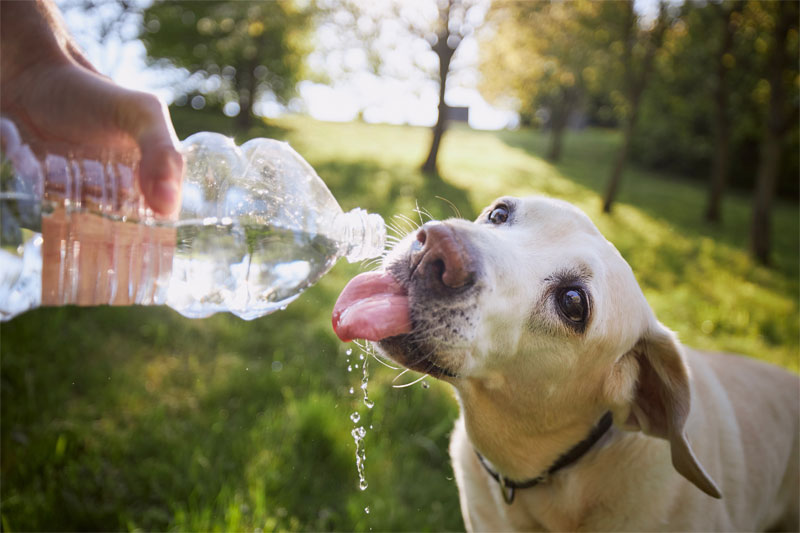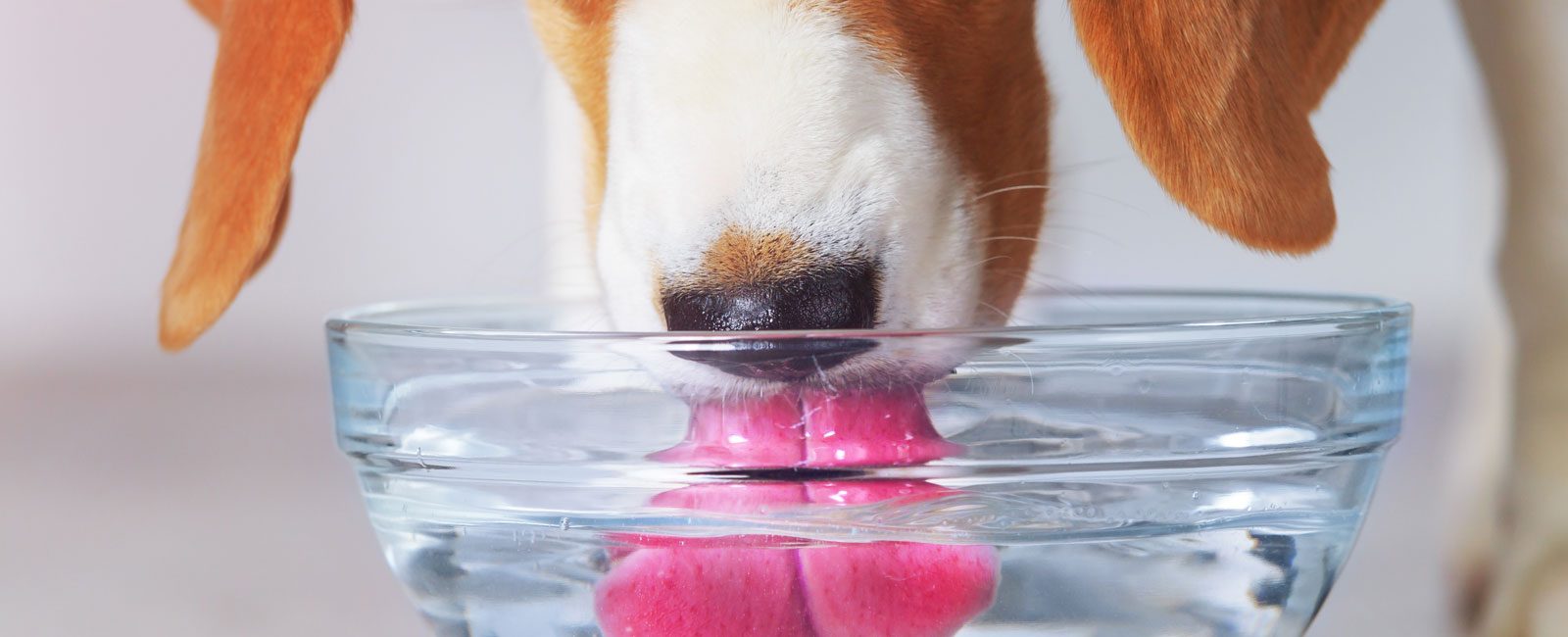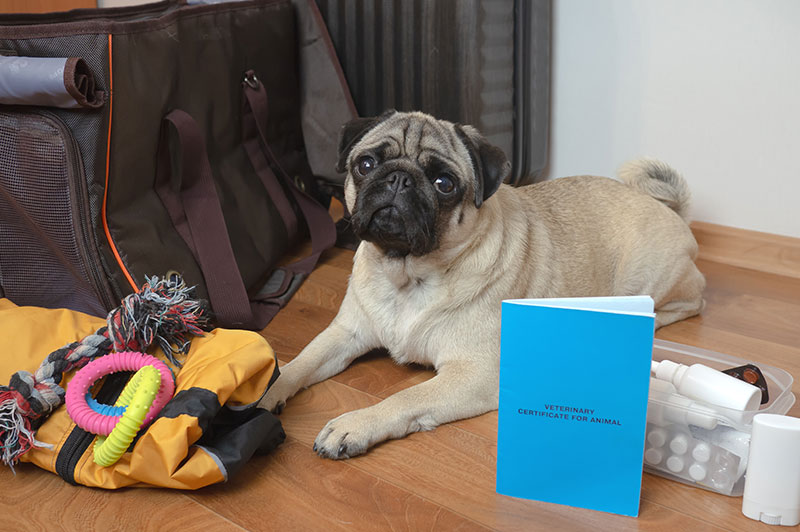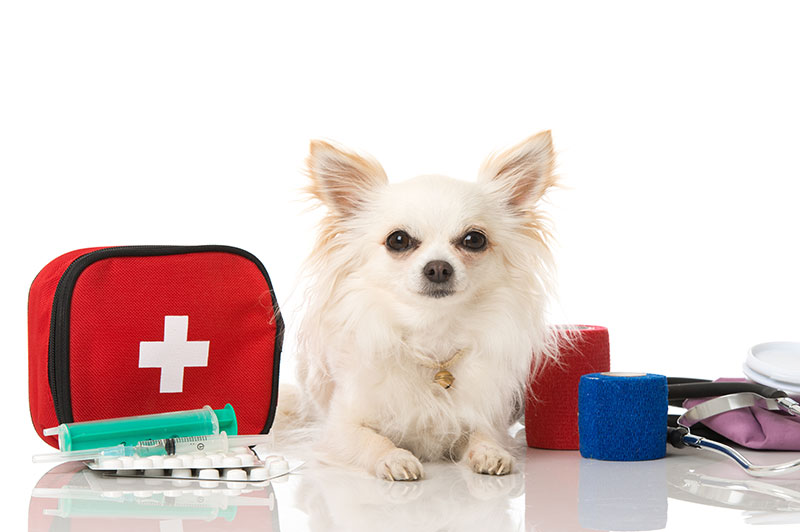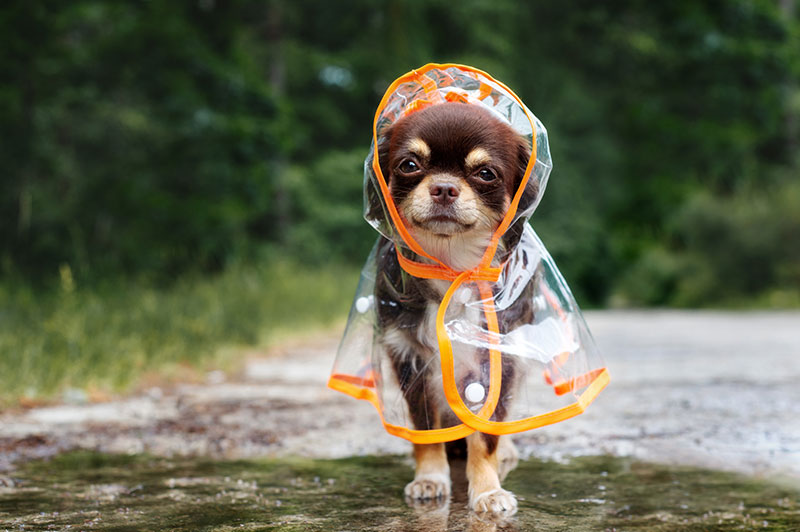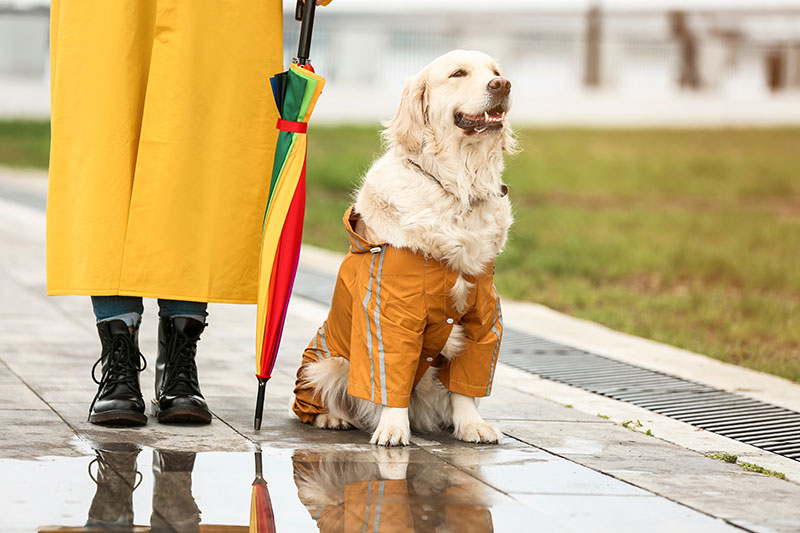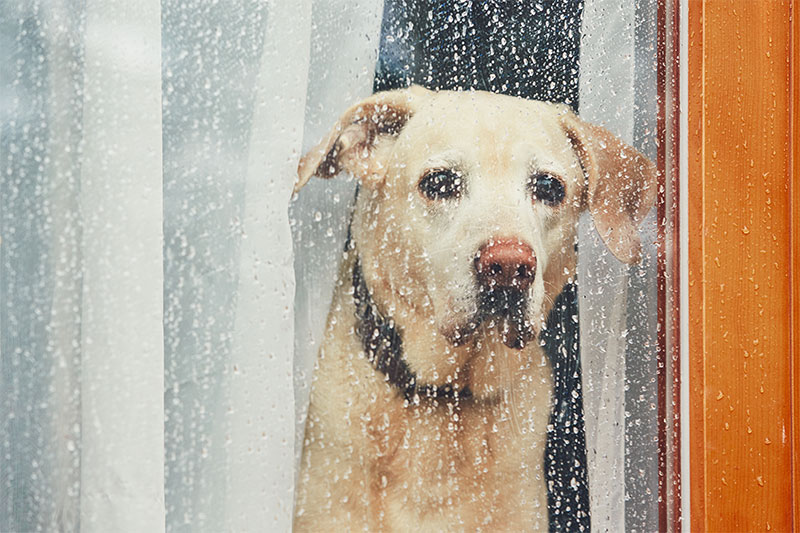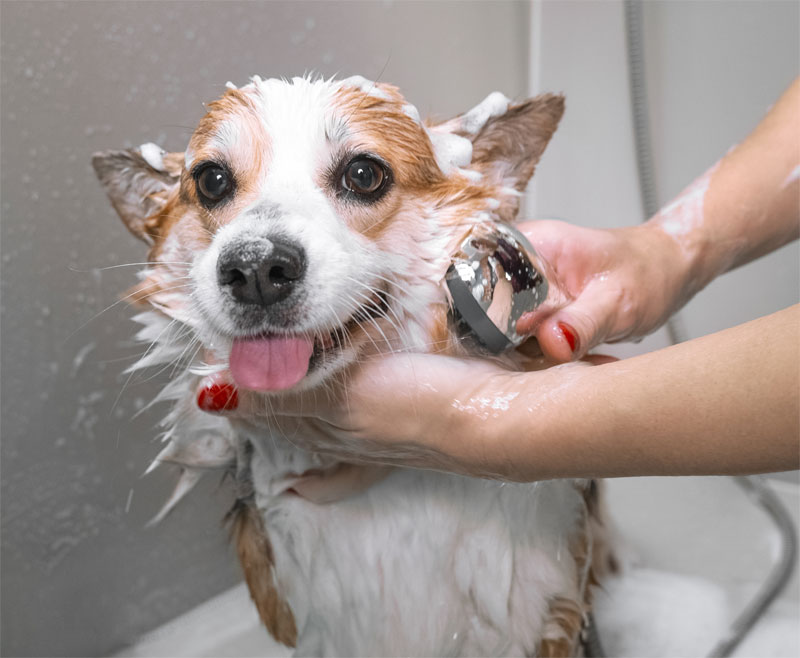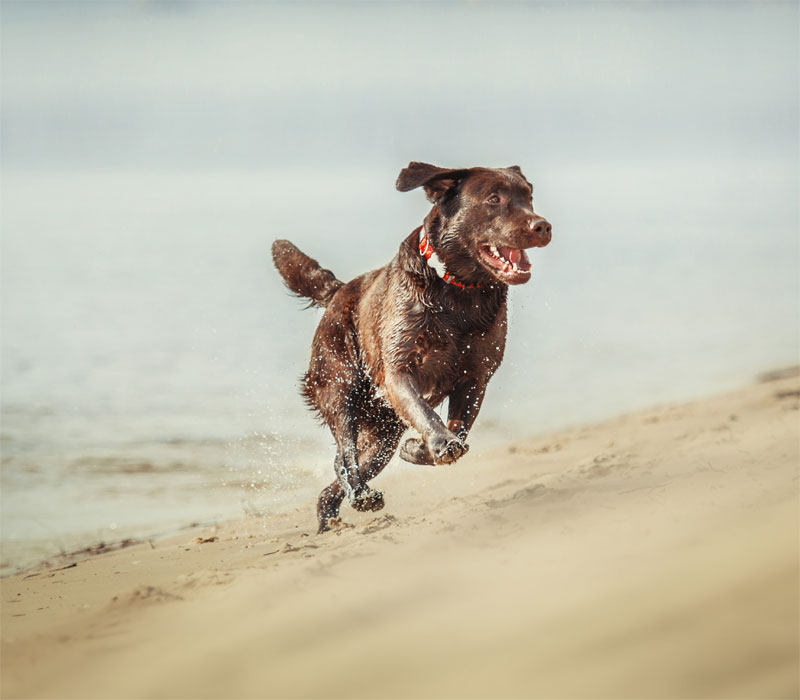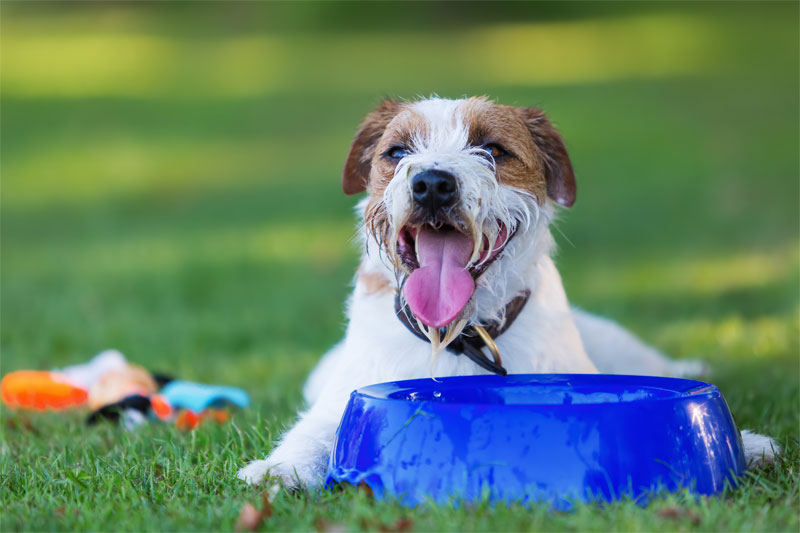
Is My Pet Drinking Enough Water?
Hydration is essential to your pet’s body’s ability to function properly and stay alive. During the summer, when the weather is warmer, hydration becomes even more essential as pets lose moisture when they pant and sweat to cool down. To avoid dehydration, heatstroke, and serious health problems that can occur as a result, you need to help your pet stay hydrated by drinking enough water each day.
How Much Water Does Your Pet Need?
- Dogs, on average, need to drink 1 ounce of water for every 1 pound of body weight.
- Cats, on average, need to drink 4 ounces of water for every 5 pounds of body weight.
Keep in mind that these numbers fluctuate based on your pet’s activity level and the weather. With increased activity and hotter weather, pets need to drink more water.
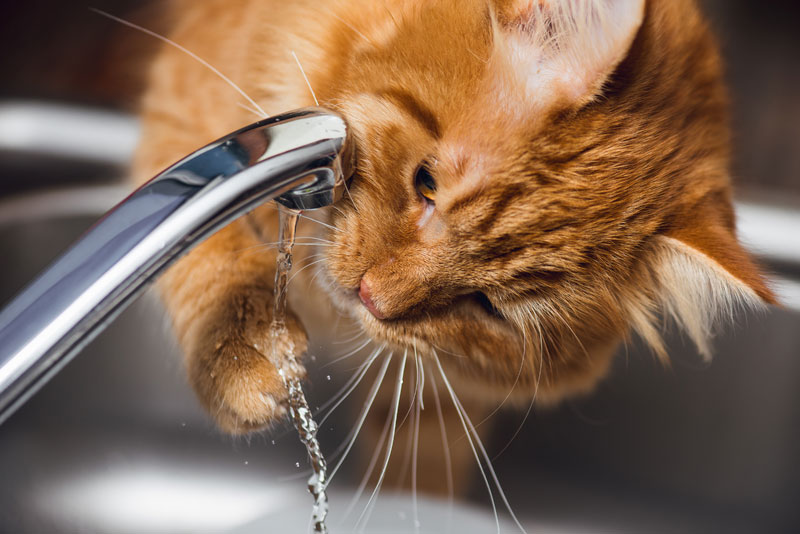

How to Help Your Pet Stay Hydrated


1. Provide Plenty of Water
The first point might seem obvious, but it’s so important that it needs to be included. The first step to keeping your pet hydrated is making sure that they have enough drinking water to get them through the day.
2. Try a Fountain
Pets enjoy drinking fresh water and a motorized water bowl with a pump and fountain helps keep your pet’s water from going stale or getting too warm.
3. Add Flavors
If your pet still doesn’t seem to be drinking enough water during the day, you can try to entice them by adding a flavor to it. Cats, especially, love a little bit of tuna juice mixed into their water dish. If you do this, just be sure not to leave it so long that it starts to grow bacteria and stink.
4. Add Ice Cubes
Dropping a few ice cubes into your pet’s water dish not only keeps the water cooler for longer, but it can also be fun for your pet to play with the floating ice.
5. Wash Their Water Bowl
In warm weather, bacteria grow more rapidly and pet bowls need to be cleaned more frequently. If your pet’s water dish is slimy, they likely won’t want to drink out of it.
Summer Pet Care With Signature Veterinary Services
To learn more about caring for your pet in the summer or to schedule an appointment with our mobile veterinarian in Carlsbad, California, we welcome you to contact us today.
